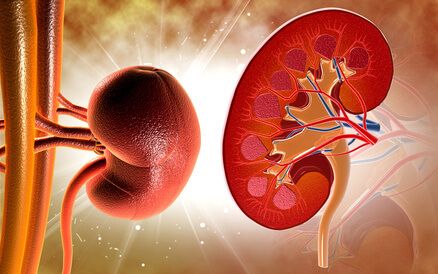In surgically ineligible patients with complex coronary anatomy short term risk of death with PCI is considerably lower than the estimated surgical risk. These are the outcomes of the OPTIMUM registry, presented during the TCT scientific sessions.

The good short-term outcomes highlight the importance of trying percutaneous revascularization to treat complex patients.
The current data brought to us by the OPTIMUM results extremely useful, seeing as these patients have been systematically excluded from randomized studies in the last years.
The OPTIMUM registry included 750 patients with multivessel or left main disease ruled out for surgery and therefore treated with PCI.
This population was at high risk: 57% had diabetes, 48.2% prior MI, 32.8% prior revascularization and 16.4% prior surgery.
In addition, over one third had chronic kidney failure and 25% was in functional class III/IV.
Chronic total occlusions were fairly common, reaching almost 60%.
Mean Syntax score was 32.4, but nearly half scored >33 (45.3%).
Read also: TCT 2021 | iFR-SWEDEHEART: 5 Years to Trust FFR Is Equivalent to iFR.
At 30 days mortality resulted 5.6%, very similar to the estimated by STS with 5.3% and by EuroSCORE with 5.7%.
Between survivors at 6 months there was significantly improved quality of life and angina frequency.
Original Title: Outcomes of percutaneous revascularization for the management of surgically ineligible patients with multivessel or left main coronary artery disease: primary results from the OPTIMUM registry.
Reference: Kandzari DE et al. Presentado en el congreso TCT 2021.
Subscribe to our weekly newsletter
Get the latest scientific articles on interventional cardiology





